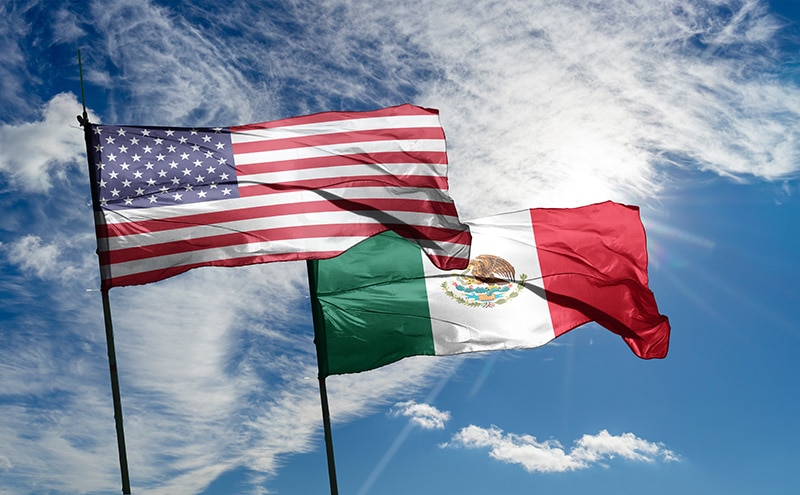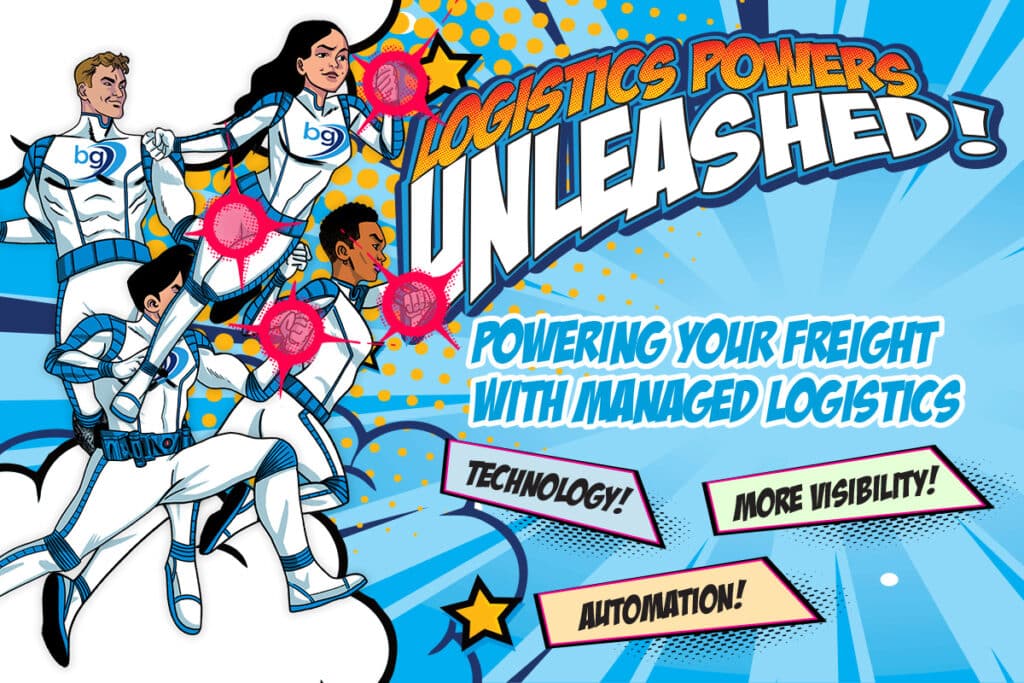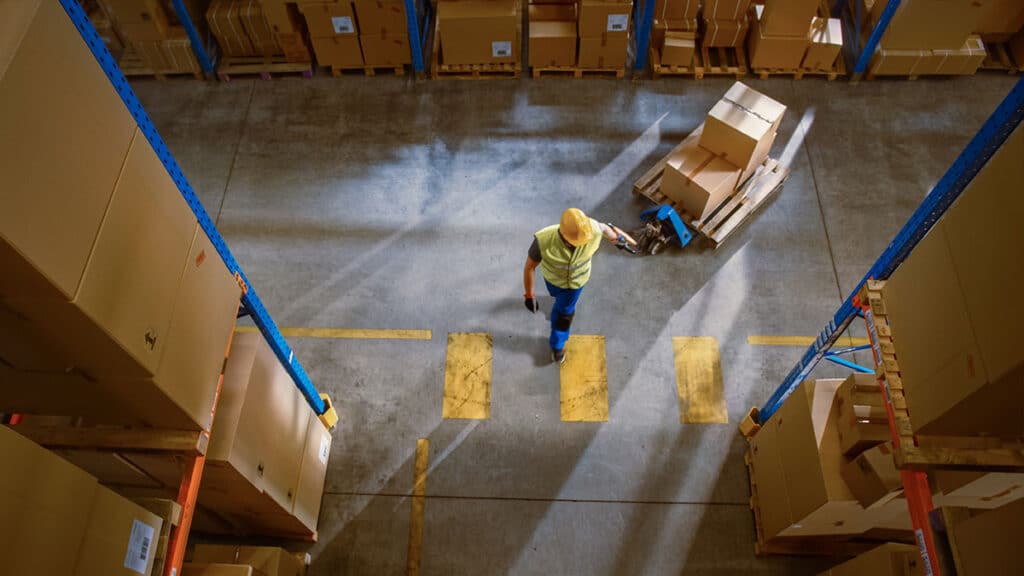
The White House has released President Trump’s plans to “renegotiate” the North American Free Trade Agreement. While it comes as a welcome sight for investors, it’s only sent the logistics industry into a mild state of panic as they try to determine just what effects these changes will have on the supply chain.
While on the campaign trail, Trump cited the deal as “the worst trade deal signed maybe anywhere” making a bold proclamation that maybe it was time to leave it altogether. However, in a recent press release, the administration suggested a slight restructuring, rather than a total withdrawal.
Sudden Changes Can Hurt the Industry
Trump’s business demeanor has a lot to do with the reason that the logistics industry is nervous, according to the president of the Arkansas Trucking Association, Shannon Newton. She said that a sudden change to the free trade agreement between the U.S. and its neighbors could cause some serious issues in the supply chain, especially when there isn’t time to adapt to these changes.
The industry has anxiety over change.
“The industry has anxiety over change, and it’s not necessarily that the way we are doing it is the best way,” Newton said. “It’s that the way freight currently flows dependent upon the methodologies that are currently in play.”
A sudden change in any trade agreement, could upset the way shippers do business.
A sudden change in any trade agreement, let alone NAFTA, could potentially upset the way shippers do business. Combine that with innovations in technology and rapid changes in consumer demand and renegotiations could have some serious adverse effects on shipping.
The Ripple Effect: Automotives
Just how bad could this ripple effect hit U.S. industries? Quartz explains that renegotiating NAFTA would more likely kill jobs in the U.S. auto industry rather than improve them.
Renegotiating NAFTA would more likely kill jobs
“Take the proposed (and widely criticized) border-adjustment tax proposal, which would result in higher taxes for imports. If it was applied at a 15% rate, it would raise the cost of making a car by $1,000, according to the BCG analysis. That’s too small of a difference to warrant moving production from Mexico to the US but large enough to force manufacturers to adjust—at the expense of US suppliers,” Quartz says.
So the manufacturers pass the buck, and the consumer pays a little more for the end product, right? Not exactly. What would likely happen is that automakers would simply offer vehicles with fewer features. Those features, such as automatic braking systems, would shut down other jobs somewhere down the supply chain.
Automakers would simply offer vehicles with fewer features
The Boston Consulting Group projects that 20,000 to 45,000 US jobs could be lost this way if the US adopts a 15% border adjustment tax. Which not only goes against the grain of the “America First” initiative proposed by the Trump administration but also make the United States significantly less competitive in the global market. And that’s just for the automotive industry, saying nothing of other manufacturers that rely on goods from Mexico.
Not All Doom and Gloom
Most of what is causing the anxiety in the trucking industry is simply the uncertainty of what’s to come. However, there are some positives to the new proposals. For instance, the new proposals heavily support the automation and streamlining of the customs procedures at the border which could help to be boost efficiency of cross border logistics.
The new proposals heavily support the automation and streamlining of the customs procedures
“For its part, the U.S. has already indicated an interest in automating and streamlining customs and border procedures. Those were among negotiation objectives released on July 17 by the Office of the United States Trade Representative (USTR). That 18-page document asks for ‘automation of import, export, and transit processes’ as well as ‘reduced import, export, and transit forms, documents, and formalities [and] enhanced harmonization of customs data requirements’ for goods crossing the border,” according to an article from Today’s Trucking.
If President Trump’s negotiations could help to address the imbalance, specifically in wage and labor gaps between the U.S. and Mexico, while streamlining trade between customs process, then it could end up as a win for the logistics industry. As it stands, however, only time will tell.




